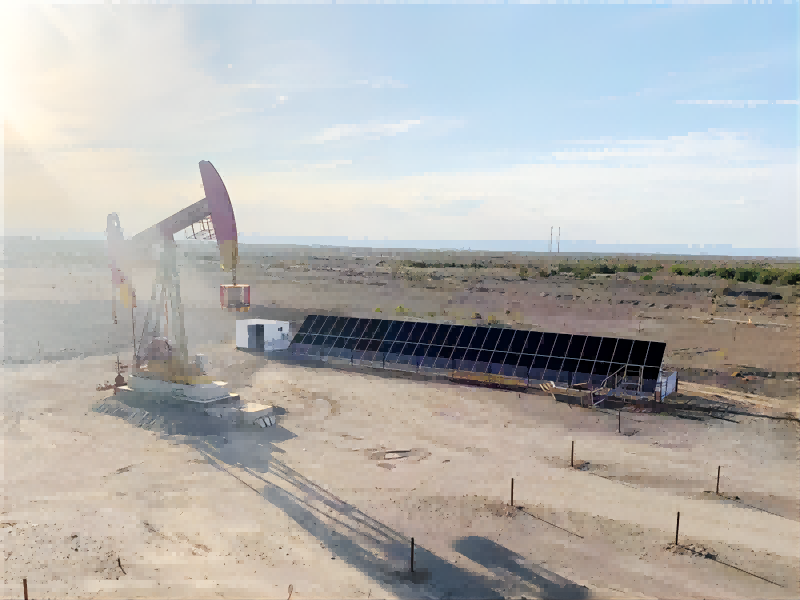 solar power system
solar power system
Jul 14, 2023
A solar power system, also known as a solar energy system or photovoltaic (PV) system, is a setup that harnesses sunlight to generate electricity. Solar power systems convert sunlight into usable electrical energy, providing an environmentally friendly and renewable source of power.
Here are the key components of a typical solar power system:
1. Solar Panels: These are the most recognizable part of a solar power system. Solar panels contain solar cells that capture sunlight and convert it into DC (direct current) electricity. The most common type of solar panel is made of silicon.
2. Inverter: The DC electricity produced by solar panels needs to be converted into AC (alternating current) electricity, which is used in most electrical appliances and the power grid. An inverter performs this conversion.
3. Mounting Structure: Solar panels are typically mounted on rooftops or ground-mounted structures to optimize their exposure to sunlight. The mounting structure ensures that the panels are securely installed and positioned at the correct angle and orientation.
4. Racking and Wiring: Racking systems provide structural support and secure the solar panels in place. Wiring connects the solar panels, inverter, and other system components to transfer electrical energy.
5. Electrical Meter/Net Metering: Solar power systems are often connected to the electrical grid. An electrical meter measures the energy produced by the solar system, and if allowed by regulations, net metering may enable the excess energy to be fed back to the grid for credits or compensation.
6. Batteries (Optional): If the solar power system is designed for off-grid or backup power applications, batteries can be included to store excess electricity generated during daylight hours for use when the sun is not shining.
Solar power systems offer several advantages, including:
- Renewable Energy: Solar power relies on sunlight, which is an abundant and renewable resource, reducing reliance on fossil fuels.
- Environmentally Friendly: Solar energy production does not produce greenhouse gas emissions or harmful pollutants, contributing to a cleaner and sustainable energy source.
- Cost Savings: By generating electricity from the sun, solar power systems can reduce or eliminate electricity bills, resulting in long-term cost savings.
- Scalability: Solar power systems can be designed to suit various scales, from small residential installations to large-scale commercial or utility-grade systems.
- Low Maintenance: Once installed, solar power systems require minimal maintenance, primarily involving occasional cleaning and inspection.
It's important to note that the size and configuration of a solar power system will depend on factors such as energy requirements, available sunlight, location, and budget. Consulting with a solar installer or professional will help determine the optimal system for specific needs.
Read More
 solar power system
solar power system